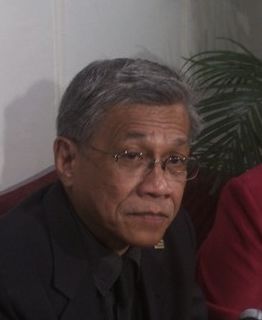A Quote by Bryant H. McGill
Related Quotes
There's enough food in this world. There's enough housing in this world. There's enough shelter in this world. There's enough clothing in this world. There's enough teachers, there's enough universities for everybody's needs to be met, and the reasons they aren't is not because of lack of resources. It's because of distribution, and that's the politics of hate, which is why this is a movement against that. It's a politics of love.
At the beginning of World War II the U.S. had a mere 600 or so first-class fighting aircraft. We rapidly overcame this short supply by turning out more than 90,000 planes a year. The question at the start of World War II was: Do we have enough funds to produce the required implements of war? The answer was No, we did not have enough money, nor did we have enough gold; but we did have more than enough resources. It was the available resources that enabled the US to achieve the high production and efficiency required to win the war. Unfortunately this is only considered in times of war.
The schools that suffer are the schools in, in poor neighborhoods. They are the neighborhoods with the greatest need, with the parents struggling to work and to make ends meet. They don't have enough resources to give, they don't have enough resources to pay more, and these are the neighborhoods that go first.
It might be depressing, but it's also the truth that no one has the power, the money, or the resources to save everyone on the planet from going hungry, living in poverty or allowed basic human rights. But consider the other side of this: there are people in this world who truly WOULD do all of these things for everyone if only they could. There is hope after all.
































